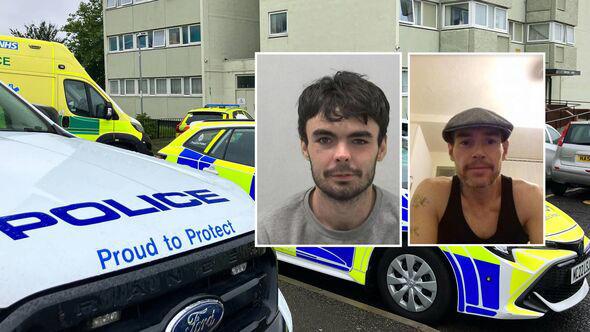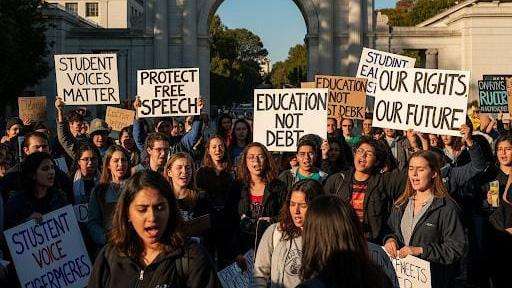A recent analysis by the collective "One Cancer Voice," comprising over 60 leading cancer charities, has issued a stark warning to the government about the looming cancer crisis in England. The coalition's data projects that more than 6 million new cancer cases could be diagnosed by 2040, a significant increase that would see a diagnosis every two minutes, a doubling of the rate from the 1970s. This surge is attributed to an aging population and is compounded by the lasting effects of the COVID-19 pandemic on healthcare services.
While the report outlines the broad challenge, a deeper look at the data reveals a troubling picture of health inequalities, particularly for Britain's ethnic minority communities, including the British Bangladeshi population. While overall cancer incidence is lower among many ethnic minority groups compared to the White population, certain cancers are more prevalent, and these communities face significant barriers to care that lead to poorer outcomes.
For example, a major study published in late 2024 revealed that British Bangladeshi men have the highest rates of lung cancer in England. This finding underscores the complex interplay between socioeconomic factors, such as deprivation and smoking rates, and health outcomes. Research also shows that people from ethnic minority backgrounds, including those of South Asian heritage, are often diagnosed at a later, more advanced stage of cancer. This delay is often linked to a number of systemic barriers, including lower rates of participation in screening programmes, language barriers, a lack of culturally sensitive health education, and a general mistrust or fear of engaging with healthcare services.
The report by One Cancer Voice calls on the government to act decisively by introducing a new National Cancer Plan. The coalition has put forth six key demands, which they say must be met to improve patient outcomes and address these deep-seated inequalities. These demands include:
- A pledge to meet all cancer waiting times by 2029.
- The implementation of a new early diagnosis target with improved screening programmes that are tailored to reach diverse communities.
- The introduction of robust cancer prevention policies.
- A direct effort to address the inequalities in patient care.
- Improved access to clinical trials for all patients.
- Better support for those living with and beyond cancer.
The government, in response, stated its commitment to prioritising cancer care and highlighted recent successes, such as 95,000 more people being diagnosed or having cancer ruled out within 28 days between July 2024 and May 2025 compared to the previous year. A spokesperson confirmed that a new National Cancer Plan is forthcoming, promising improvements in care and the creation of the first smoke-free generation.
However, charities like Cancer Research UK argue that the upcoming plan must be "ambitious and fully funded" to transform cancer outcomes. The data is clear: without specific, targeted measures to address the unique challenges faced by ethnic minority communities, the projected increase in cancer diagnoses will continue to disproportionately affect the most vulnerable, widening the health inequality gap.

_3.jpg)





_5.jpg)
.svg)

